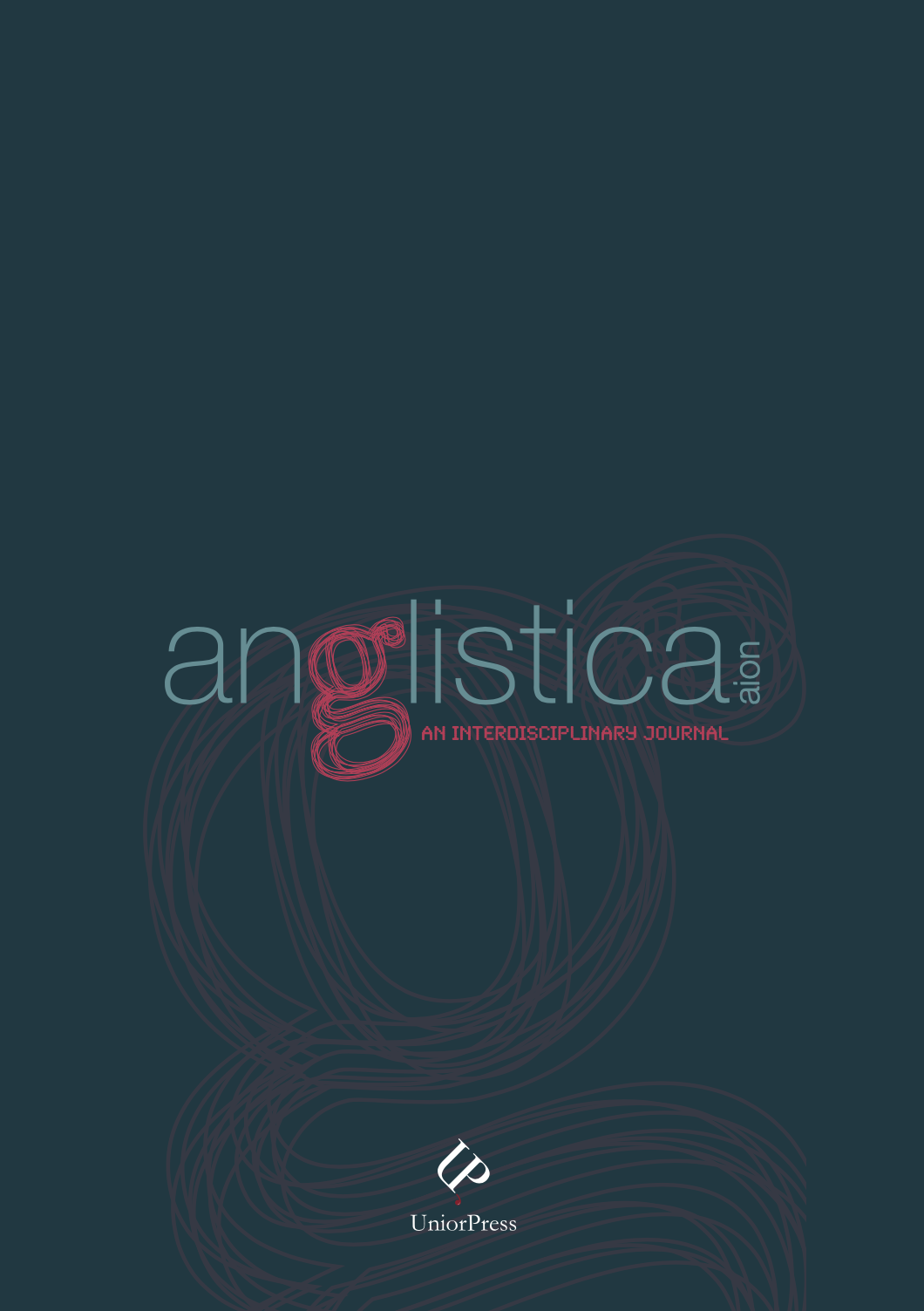
The topic of this issue is inspired first of all by an iconic text such as T. S. Eliot’s The Waste Land, published in 1922, and by the 20th-century literary and cultural tradition dealing with apocalyptic landscapes, dystopian nightmares, chronicles of a present/future world in disarray. Recently the waste land theme has been developed by Zygmunt Bauman in Wasted Lives: Modernity and its Outcasts (2003). Waste Land is also the name of a 2010 social documentary based on the lives of garbage pickers in Rio de Janeiro, where Vik Muniz creates art out of recycled materials, as well as of a science fiction video game, set in a post-apocalyptic America. In the new millennium, waste plays an intriguing role in the contemporary Western consciousness in an age in which eco-narratives increasingly denounce the collapse of the natural order and engage with a sustainable response to the wasting of human beings and of natural resources. Waste generates an ethics of responsibility based on giving an account of oneself.

